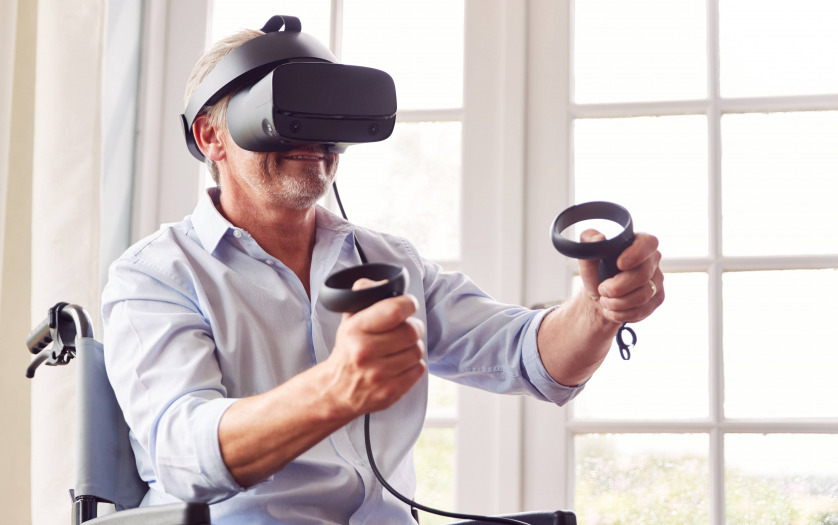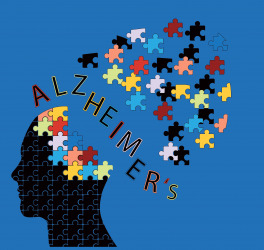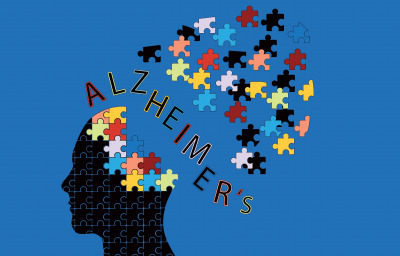
Researchers at the University of East Anglia have been putting virtual reality rehabilitation for stroke survivors to the test.
They have created a new gaming platform which uses low cost videogame technology to improve the lives of stroke patients suffering from complex neurological syndromes caused by their stroke.
And they have been working with stroke survivors and their carers to see how they get on with using the new technology.
It is hoped that this type of technology, which can be used in patients’ own homes, could prove particularly beneficial for rehabilitation during periods of lockdown, social distancing and shielding – caused by the Covid-19 pandemic.
There are 1.2 million stroke survivors in the UK and around 20-40 per cent of them suffer a debilitating disorder called ‘hemispatial neglect’. The condition leaves people unaware of things located on one side of their body and greatly reduces their ability to live independently.
A new study published today is the first to explore the usability of virtual reality games for helping stroke patients recover from this condition.
Lead researcher Dr Stephanie Rossit, from UEA’s School of Psychology, said: “A stroke can damage the brain, so that it no longer receives information about the space around one side of the world. If this happens, people may not be aware of anything on one side, usually the same side they also lost their movement. This is called hemispatial neglect.
“These people tend to have very poor recovery and are left with long-term disability. Patients with this condition tell us that it is terrifying. They bump into things, they’re scared to use a wheelchair, so it really is very severe and life-changing.”
“Current rehabilitation treatments involve different types of visual and physical coordination tasks and cognitive exercises – many of which are paper and pen based.
“We have pioneered new non-immersive VR technology which updates these paper and pen tasks for the digital age – using videogame technology instead.
“But we know that adherence is key to recovery – so we wanted to know more about how people who have had strokes get on with using the new technology.”
The team tested out three new games on stroke survivors, their carers and stroke clinicians (including an occupational therapist, healthcare assistant, physiotherapist and clinical psychologist) to better understand how user-friendly the technology is.
The specially designed games included a boxing game where the player spars with a virtual partner, ‘Bullseyes and Barriers’ where the player hits or avoids targets and ‘In the Kitchen’ which sees the player search for objects in a realistic kitchen layout.
They also tested a game which involves lifting rods on a table while a portable low cost motion sensor tracks the patient’s movements. These balancing exercises are targeted to improve spatial neglect.
The UEA researchers worked with industry collaborator Evolv to create the games, which aim to improve rehabilitation by including elements such as scoring and rewards to engage the patient and improve adherence to their treatment.
David Fried, CEO of Evolv, said: “Traditional rehabilitation treatment is quite monotonous and boring, so this gamification aspect is really important to help people stick with their treatment.
“Our goal is to use technology to make rehabilitation fun and engaging and we have applied this to our Spatial Neglect therapy solution. The great thing about it is that it can be used not only in clinics but also in patients’ homes, thereby giving them access to personalised rehabilitation without leaving their living room.”








